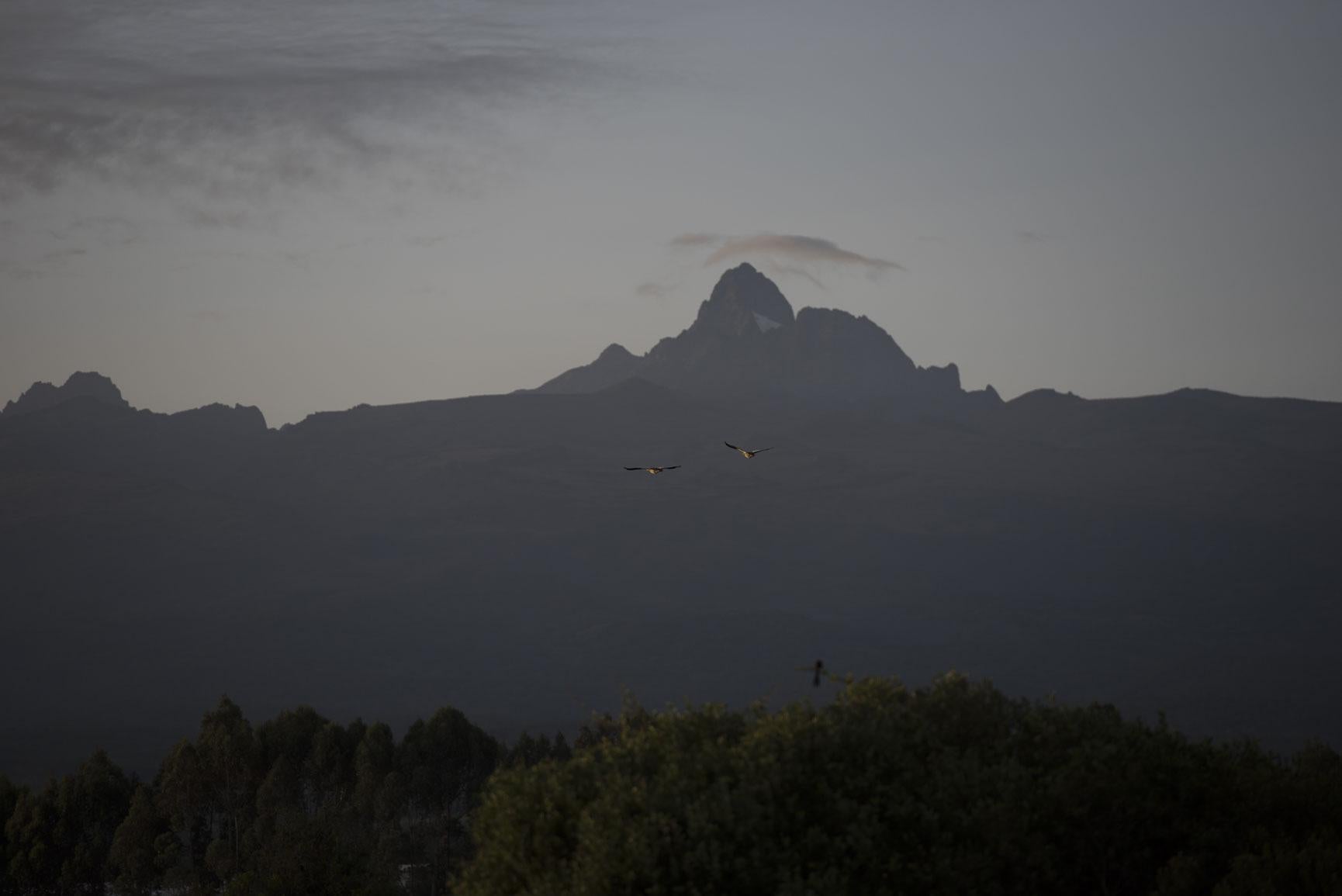How illegal logging threatens Kenya's water supply
Forests in Kenya's central mountains help supply water to rural farms and city businesses. But they are under threat

Your support helps us to tell the story
From reproductive rights to climate change to Big Tech, The Independent is on the ground when the story is developing. Whether it's investigating the financials of Elon Musk's pro-Trump PAC or producing our latest documentary, 'The A Word', which shines a light on the American women fighting for reproductive rights, we know how important it is to parse out the facts from the messaging.
At such a critical moment in US history, we need reporters on the ground. Your donation allows us to keep sending journalists to speak to both sides of the story.
The Independent is trusted by Americans across the entire political spectrum. And unlike many other quality news outlets, we choose not to lock Americans out of our reporting and analysis with paywalls. We believe quality journalism should be available to everyone, paid for by those who can afford it.
Your support makes all the difference.By Dan Kaburu for K24-TV in Kenya
Kenya's dry season is here again and many parts of the Equatorial country are facing an acute shortage of water.
Unknown to many, the current water crisis can be attributed to the gradual depletion of indigenous and planted forests around Mount Kenya and the Aberdares Mountains.
Dan Kaburu, a Giants Club African Conservation Journalism Fellow with K24-TV, witnessed the destruction of the forests and now describes how illegal logging activities are squeezing out the remaining drops of water from Kenya's most important water catchments.
Watch Kaburu's documentary here.

This article is reproduced here as part of the Giants Club African Conservation Journalism Fellowships, a programme of the charity Space for Giants and supported by the owner of ESI Media, which includes independent.co.uk. It aims to expand the reach of conservation and environmental journalism in Africa, and bring more African voices into the international conservation debate. Watch the original story here.
Join our commenting forum
Join thought-provoking conversations, follow other Independent readers and see their replies
Comments